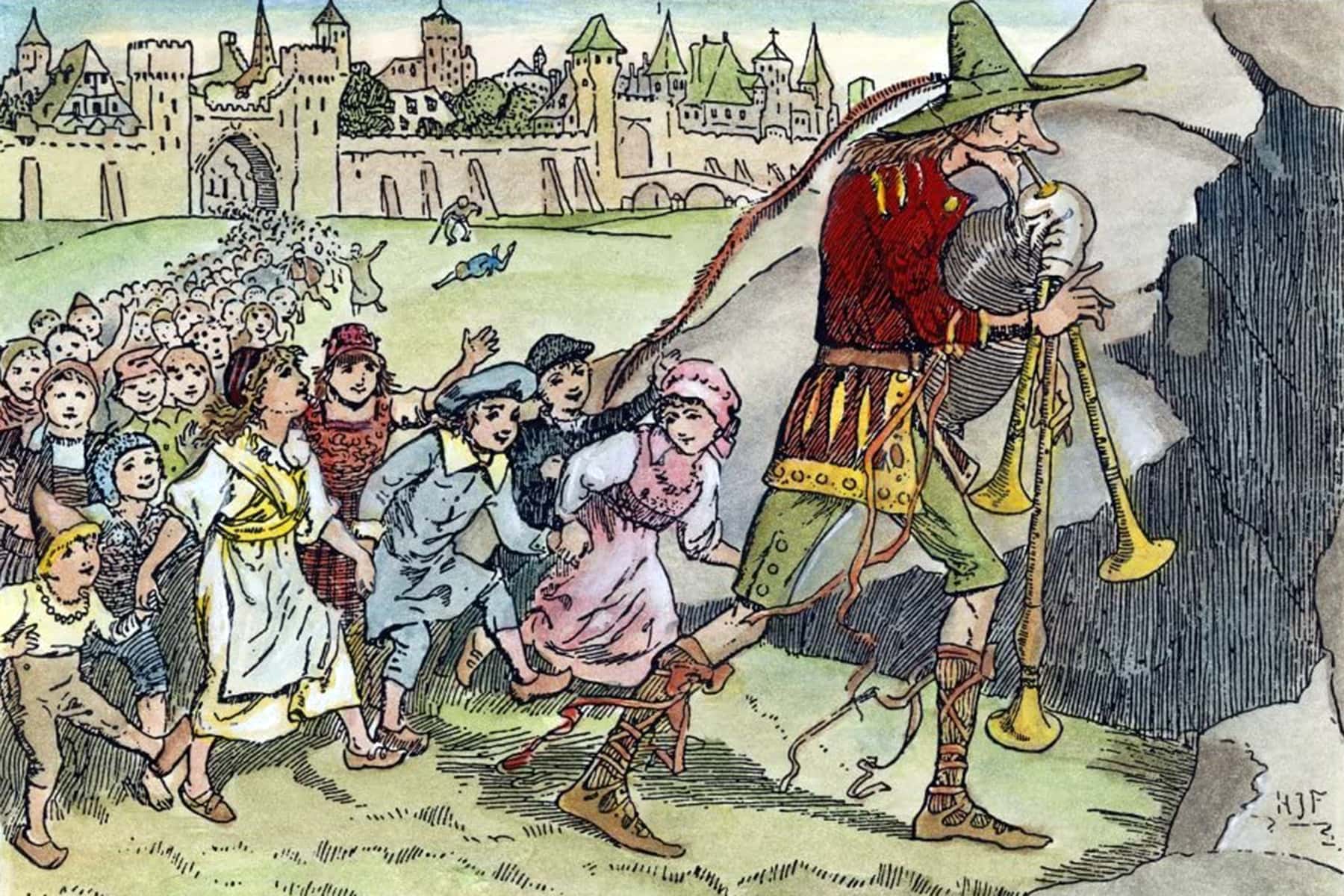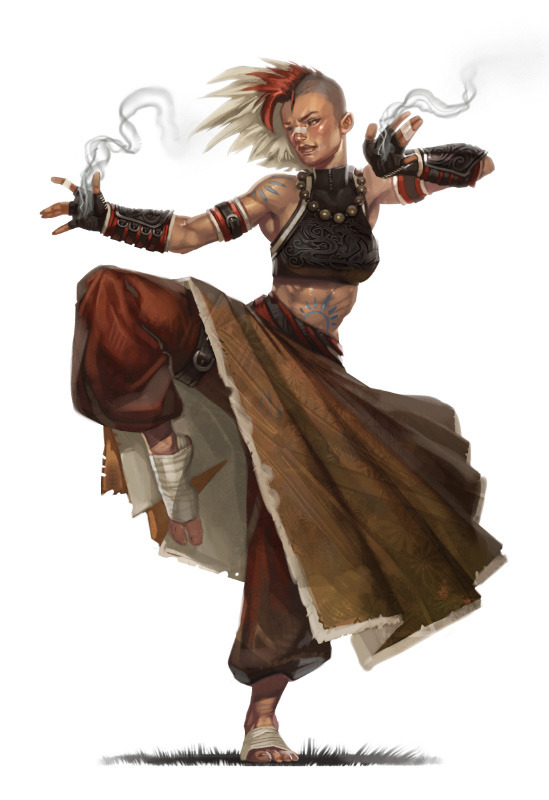Based on what you have presented, here's what I would do:
Arcane: Most magic users are Arcane casters, and it has the widest range of spells.
1) Wizards and Artificers Study. They come to understand the fundamental forces of the universe and have minimal limitations on their spell choices (All Arcane Spells). They use their Intelligence Modifier when casting spells because they're recalling information and putting it into action.
2) Sorcerers are Born or Empowered. Rather than having to study magic, Sorcerers have an intuitive understanding of spellcasting based on the spark of magic inside themselves. They have spells based on that spark (Limited but broad list). They use their Wisdom Modifier when casting spells because it's representing their awareness of the flow of magic inside and around them.
3) Warlocks Bargain. They use borrowed or stolen power from external sources, but their options are limited by their source (Most limited Arcane spell list). They use Charisma for spellcasting because it represents their ability to convince their patron to grant them power.
Divine: Clerics are rare, special, and important. Limited spellcasting structure, but great power for other purposes.
1) Clerics Channel. Rather than learning magic, or being magical, or bargaining for magic, Clerics make themselves into a Vessel for the power held by higher beings and other planes of existence. They use Constitution as their casting score, to represent that their bodies literally burn out from the power traveling through them.
Spirit: Shaman and Invokers are often spiritual leaders of small groups.
Shaman ask for Aid. Shamans call for aid from the Spirit Realm, entreating the spirits to act on their behalf, to empower their weapons, or to give them power to direct at enemies. They use Charisma as their casting because it represents their ability to persuade the spirits to act on their behalf.
Primal: Druids are rare, special, and important. They're Clerics who use -this- plane's native power.
Druids focus Power. Rather than holding specific incantations or gestures, Druids channel energy in much the same way as a Cleric would. But rather than asking Gods for power, or reaching across the planes for energy, Druids channel the energy and forces of the world around us. Like Sorcerers, they do so by intuiting the nature of the power available and so use Wisdom as their spellcasting modifier.
Arcane: Most magic users are Arcane casters, and it has the widest range of spells.
1) Wizards and Artificers Study. They come to understand the fundamental forces of the universe and have minimal limitations on their spell choices (All Arcane Spells). They use their Intelligence Modifier when casting spells because they're recalling information and putting it into action.
2) Sorcerers are Born or Empowered. Rather than having to study magic, Sorcerers have an intuitive understanding of spellcasting based on the spark of magic inside themselves. They have spells based on that spark (Limited but broad list). They use their Wisdom Modifier when casting spells because it's representing their awareness of the flow of magic inside and around them.
3) Warlocks Bargain. They use borrowed or stolen power from external sources, but their options are limited by their source (Most limited Arcane spell list). They use Charisma for spellcasting because it represents their ability to convince their patron to grant them power.
Divine: Clerics are rare, special, and important. Limited spellcasting structure, but great power for other purposes.
1) Clerics Channel. Rather than learning magic, or being magical, or bargaining for magic, Clerics make themselves into a Vessel for the power held by higher beings and other planes of existence. They use Constitution as their casting score, to represent that their bodies literally burn out from the power traveling through them.
Spirit: Shaman and Invokers are often spiritual leaders of small groups.
Shaman ask for Aid. Shamans call for aid from the Spirit Realm, entreating the spirits to act on their behalf, to empower their weapons, or to give them power to direct at enemies. They use Charisma as their casting because it represents their ability to persuade the spirits to act on their behalf.
Primal: Druids are rare, special, and important. They're Clerics who use -this- plane's native power.
Druids focus Power. Rather than holding specific incantations or gestures, Druids channel energy in much the same way as a Cleric would. But rather than asking Gods for power, or reaching across the planes for energy, Druids channel the energy and forces of the world around us. Like Sorcerers, they do so by intuiting the nature of the power available and so use Wisdom as their spellcasting modifier.







